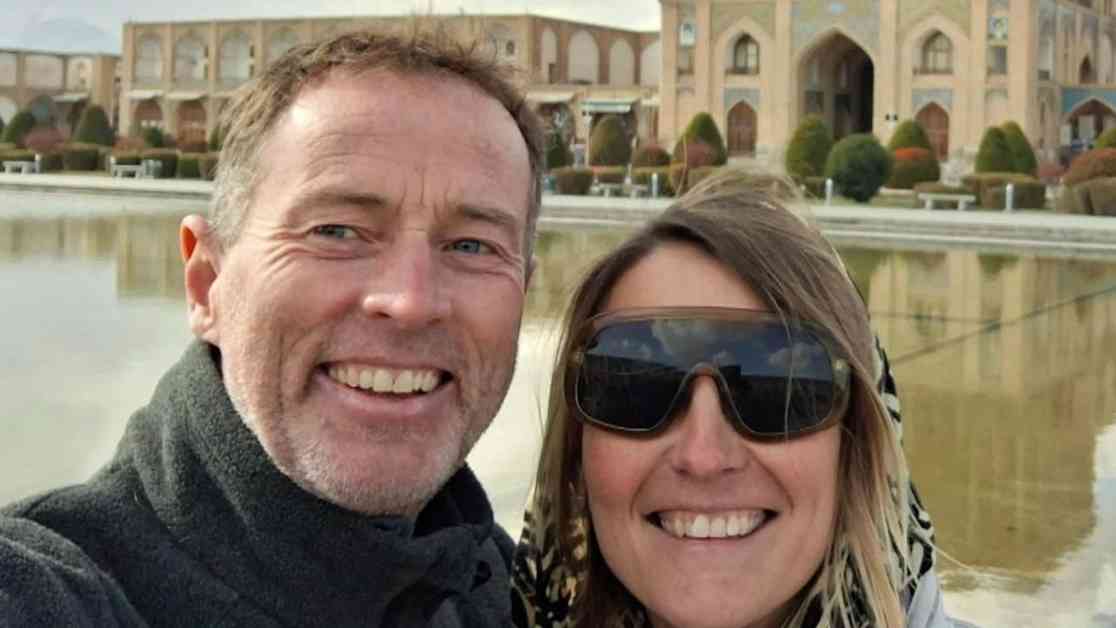A British couple, Craig and Lindsay Foreman, found themselves in the center of a geopolitical storm when they were charged with espionage while on a motorbiking trip across the globe to Australia. The Iranian judiciary’s news agency accused them of collaborating with covert institutions linked to intelligence services of hostile and Western countries. The Foremans, who were detained in Kerman, according to Iranian state media, were monitored and arrested in cooperation with security agencies.
Allegations of Espionage
The Iranian judiciary stated that the couple entered Iran under the guise of tourists and engaged in investigative and research activities to collect information across various provinces. They were suspected of collaborating with intelligence services of hostile and Western nations. Despite the lack of specific sources, Iranian officials claimed to have confirmed the Foreman’s connection with multiple intelligence-affiliated institutions. Notably, state media released a photograph allegedly showing the couple meeting with the UK’s ambassador to Iran, Hugo Shorter.
The charges against the Foremans have raised significant concerns globally, with the UK’s Foreign Office expressing deep worry. The Foreign Office has been actively engaging with Iranian authorities, providing consular assistance to the detained couple and maintaining close communication with their family members. However, the situation underscores the risks associated with travel to Iran, as the Foreign Office currently advises against visiting the country due to the potential for arrest, detention, and even the imposition of a death sentence.
Human Rights Concerns
Iran’s history of detaining foreign visitors and dual nationals on security-related charges has drawn criticism from human rights organizations and Western nations. Critics accuse Iran of using arrests on trumped-up charges as leverage in diplomatic negotiations. Notable cases, such as that of British-Iranian dual nationals Nazanin Zaghari-Ratcliffe and Anoosheh Ashoori, highlight the plight faced by individuals detained in Iran for years before eventual release through diplomatic channels.
The Foreman’s plight serves as a stark reminder of the complexities involved in international travel and the potential risks faced by tourists venturing into politically sensitive regions. As the couple’s journey, intended to spread positivity through a motorbiking adventure, took an unexpected turn, it sheds light on the fragile nature of international relations and the impact on individuals caught in the crossfire of geopolitical tensions. The Foremans’ story resonates with many travelers who seek to explore the world but inadvertently find themselves entangled in unforeseen circumstances beyond their control.
Despite the challenges faced by the Foremans and other dual nationals detained in Iran, diplomatic efforts continue to play a crucial role in securing the release of individuals caught in such situations. The delicate dance of international diplomacy, human rights advocacy, and legal proceedings underscores the need for a nuanced approach to resolving such cases and upholding the rights of individuals ensnared in geopolitical disputes. As the world watches the Foremans’ case unfold, it serves as a poignant reminder of the complexities underlying international relations and the human stories that often get lost in political rhetoric and diplomatic maneuvering.













